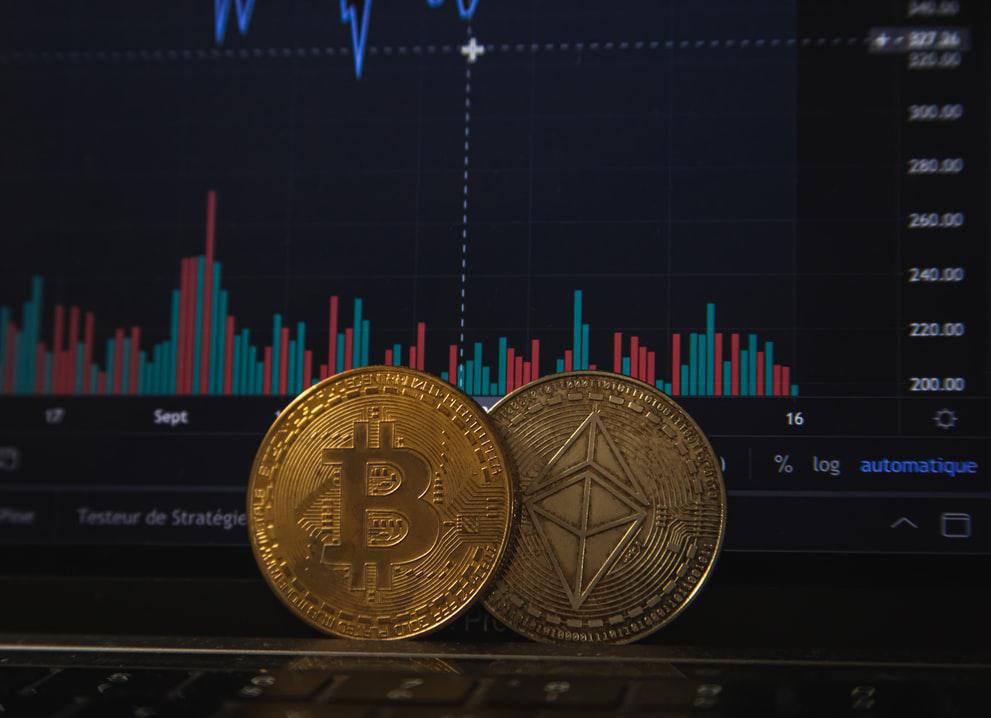A crypto asset is a digital representation of value that is not issued by a central bank, but is traded, transferred and stored electronically by natural and legal persons for the purpose of payment, investment and other forms of utility, and applies cryptography techniques in the underlying technology.
Do I need to pay tax on crypto assets?
Yes, normal income tax rules apply to crypto assets and affected taxpayers need to declare crypto assets’ gains or losses as part of their taxable income.
The onus is on taxpayers to declare all crypto assets-related taxable income in the tax year in which it is received or accrued. Failure to do so could result in interest and penalties.
How will it work?
Following normal income tax rules, income received or accrued from crypto assets, transactions can be taxed on revenue account under “gross income”. Alternatively, such gains may be regarded as capital in nature, as spelt out in the Eighth Schedule to the Act for taxation under the Capital Gains Tax (CGT) paradigm. Determination of whether an accrual or receipt is revenue or capital in nature is tested under existing jurisprudence (of which there is no shortage).
Taxpayers are also entitled to claim expenses associated with crypto assets accruals or receipts, provided such expenditure is incurred in the production of the taxpayer’s income and for purposes of trade.
Base cost adjustments can also be made if falling within the CGT paradigm. Gains or losses in relation to crypto assets can broadly be categorised with reference to three types of scenarios, each of which potentially gives rise to distinct tax consequences:
- Crypto assets can be acquired through so called “mining”. Mining is conducted by the verification of transactions in a computer-generated public ledger, achieved through the solving of complex computer algorithms.
- Investors can exchange local currency for a crypto asset (or vice versa) by using crypto assets exchanges, which are essentially markets for crypto assets, or through private transactions.
- Goods or services can be exchanged for crypto assets. This transaction is regarded as a barter transaction. Therefore, the normal barter transaction rules apply.
If you require professional advice with regards to the above please do not hesitate to contact our offices in this regard.

